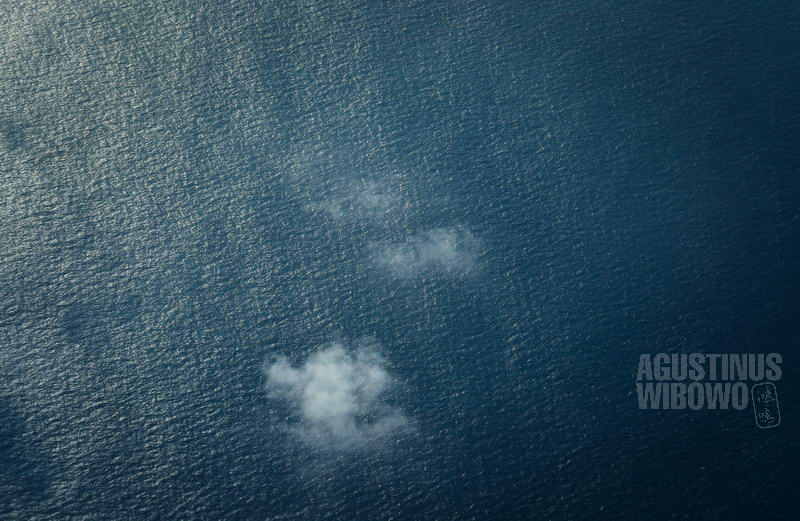The Sea
Right after the race riots, the level of savagery of which shocked the world and severely damaged Indonesia’s reputation, Suharto finally declared to end his thirty-two years of rule. Indonesia abruptly entered a new chapter of democracy. You were now free to speak out, free to express yourself, free to be yourself. It was a wild euphoria after being so long silenced by the regime.

Being Chinese is no longer a sin. One by one discriminatory regulations against the Chinese was abolished. Once forbidden, the Chinese language is now taught in schools. The Chinese Confucianism was declared as one of the state-recognized religion. The Chinese New Year is now a national holiday. The most obvious change for me was that I no longer need to hide my yellow skin and my slanted eyes, as no more people yell ‘Cina!’ on the streets.
My father decided to send me to study at a university in China. He is a typical Chinese man, an ordinary egg seller in this little town. I never imagined that he had actually saved up so that I could study abroad. And why China? He put his great expectations on my shoulder, that I could continue our broken-off ancestral identity after three decades of the anti-Chinese regime.
But it was in China where the first time I realized that I did not belong to China. Their culture, their mind, their history, their pride, turned out to be very different from ours. The Chinese blood in me had not so much meaning either: with the Indonesian passport I had, I was treated simply as a foreigner, who had to go through the same visa procedures and subjected to the same restrictions as those who came from Africa or America. In the land where I was born, I was a foreigner; and in the land of my ancestors, I was still a foreigner.
Nine years I lived in China. I ended up returning home to Indonesia, back to my hometown on the coast of the South Sea.
I found that my father now was a fragile old man lying in bed, fighting against the stroke that had paralyzed his body in the last few years. He loved China so much, but he had never been to China. I thought it was the time to show my devotion as a son, so I said, ‘Father, get well soon. I’ll take you to fulfil your life-long dream. To return to your Homeland.’
He shook his head. ‘No, that’s not it,’ he said, ‘That’s not returning to Homeland. That’s just going to China. Our Homeland is here.’
I could hardly believe what I was hearing.
‘My son,’ he said softly, ‘Do you remember when we saw the sea for the first time?’
I nodded.
‘The sea,’ he said, ‘when you look at it from the shore, all you see is the oncoming storm and vicious waves, perhaps even a tsunami. But when you look at it from above, the sea is boundlessly peaceful. Boundlessly peaceful.’
All those waves and storms, he explained, have to exist, to keep the much greater balance of nature. The same with the turmoil and bloodsheds, they were phases that we had to go through. They were our revolutions, without which, our lives perhaps would never have changed.
My China turned out to be different from his China. My China is about being a minority and about a perfect fantasy of the ancestral land. When I was in Indonesia, my being minority made me long for China; but when I was in China, my fantasy of a flawless China made me reject the real China. His China was about acceptance of his own reality, about his reconciliation of seemingly conflicting identities. Indonesia had accepted his being Chinese, and he had accepted Indonesia as his home.
The sea is nowhere but in your heart. I was a small fish searching for the sea, but failed to find it. I kept rejecting all seas around me, which I only saw as water. He was the old man who had united with his sea.
About the author:
Agustinus Wibowo is an Indonesian travel writer, whose travel experiences have taken him across Asia. Currently he is researching on identities and border issues in the Malay Archipelago.
Previous Page






Good job, Buddy. Nice regard from Lumajang.
I love this article ❤️
I wept as i read it 😢
Senang bacanya, juga sedih..
Apa kabar dengan pantai tempat pertama kali mas Agustinus berkenalan dengan samudera di selatan Lumajang itu?
Felt the same.
May i share this?